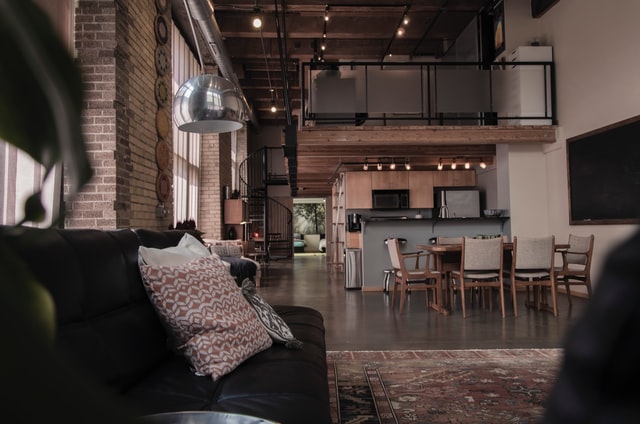
School catchments and easy water access are out while industrial-lifestyle precincts are in as the newest driver of residential property demand, says an expert at Herron Todd White (HTW).
HTW commercial director Chris McKillop said the industrial-lifestyle trend refers to old industrial sheds and new industrial developments being utilised by lifestyle businesses rather than heavier industrial users.
"Lifestyle industrial sees sheds moving away from their traditional use for businesses like smash repair shops, spray painters and steel fabricators, and toward more resident-friendly operations such as microbreweries, high-quality restaurants, cafes, hairdressers and florists,” Mr McKillop said.
“Some have even become live music venues fronting retail clothing outlets, gyms and sporting venues.”
Mr McKillop said there is a "prime opportunity" for homeowners and investors to profit with the emergence of the industrial-lifestyle trend.
"Historically, being near industrial property was an absolute no-go for residents with claims of noise, smell and heavy-use activity being a turn off," he said.
"But these new precincts are now being embraced by residents, with flow-on benefits for their property values — some are even choosing to live within the industrial hubs themselves.”
How investors can benefit
Mr McKillop said several factors separate lifestyle precincts from traditional industrial spaces that are close to appealing population centres.
“Areas where there’s already good quality housing nearby, or in close proximity to CBDs, do well as industrial lifestyle hubs," he said.
“We’ve also seen the concept being embraced by developers building new industrial projects — they’re choosing to adopt higher-end architectural designs and finishes to attract lifestyle tenants to their industrial areas, leading to sale price premiums for their sheds."
This phenomenon, McKillop believes, has enticed buyers to get sheds within these industrial-lifestyle estates, where they can get as much as $200,000 discount from the location's normal price.
"Depending on local government guidelines, industrial sheds can include caretaker units. In some cases, these are being bought by homeowners — particularly those who need additional space for parking, general storage, or to operate their own business," he said.
Mr McKillop said even investors are making their mark in this space.
"They can buy these investments for sub-$500,000 and they’ll get a 5% net rental return, because the tenant typically pays all the outgoings," he said.
What to keep in mind when buying in these industrial precincts
Mr McKillop said when buying in these precincts, it is a must to check the area's zoning to ensure that the property is not near heavy industry users.
"New lifestyle industrial is being developed by niche developers. Following these organisations can help you unearth properties with great potential ahead of other buyers," he said.
"For investors, seek industrial-lifestyle property with a good tenant already in place whenever possible."
It is also crucial to check if the caretaker's unit is approved for habitation and not simply an office space.
"If you are speculating by buying a vacant lifestyle industrial property, get advice on tenant demand in your area. Having an untenanted commercial property of any sort is risky at the best of times," Mr McKillop said.
Photo by Aaron Huber on Unsplash.